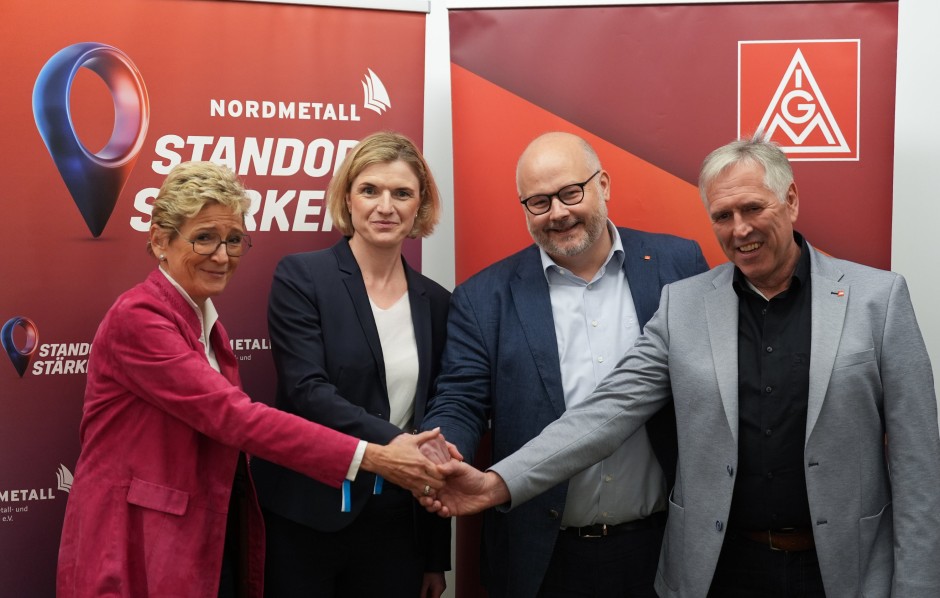
The 230,000 trainees in the industry receive 140 euros more per month. IG Metall emphasized that employees would have “more and better options to choose between time and money” in the future. “Despite difficult conditions, we managed to achieve a solid result for employees,” explained IG Metall chairwoman Christiane Benner. “We are particularly pleased with the great result for the trainees.”
The employers' negotiators, Lena Ströbele from Nordmetall and Angelique Renkhoff-Mücke from vbm, emphasized that the agreement was “just about responsible in difficult times”. It was “a tough struggle until the end,” explained Ströbele. She emphasized that, if necessary, the burden on companies could be alleviated through automatic differentiation. Renkhoff-Mücke explained that the agreement was “a clear signal of security and stability” for companies and employees in the current government and structural economic crisis. “We hope that we are also sending a signal to politicians that compromises are sometimes painful, but possible.”
The collective bargaining round began on Monday afternoon, with the IG Metall districts of the Coast and Bavaria negotiating on behalf of a pilot agreement in the industry. In the past two weeks, according to union information, hundreds of thousands of employees across Germany took part in warning strikes to put pressure on employers in the collective bargaining round.








